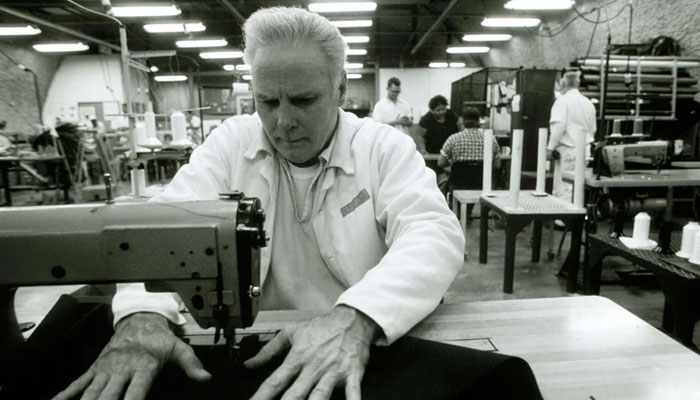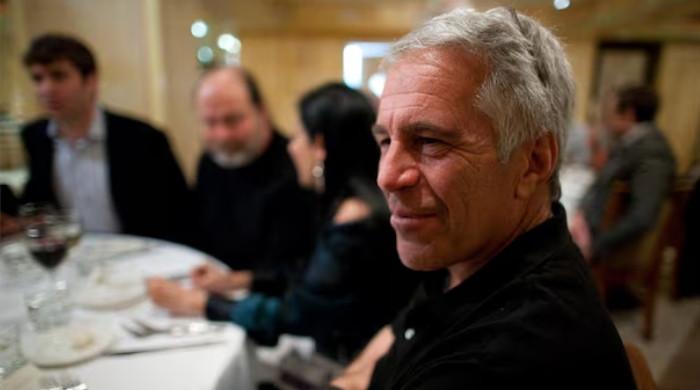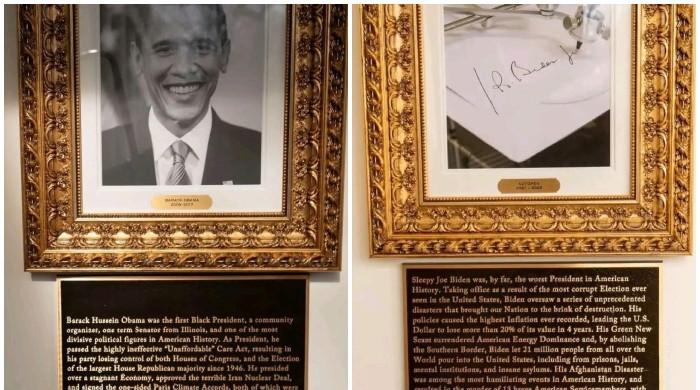Texas executes its oldest death row inmate
A 78-year-old man was convicted of killing a policeman more than 30 years ago during a routine traffic stop
April 22, 2022

- A 78-year-old man was convicted of killing a policeman more than 30 years ago during a routine traffic stop.
- He was executed by lethal injection and pronounced dead at 6:39 pm local time.
- Buntion had also been in solitary confinement for the past 20 years.
HUNTSVILLE: Texas executed its oldest death row inmate on Thursday, a 78-year-old man convicted of killing a policeman more than 30 years ago during a routine traffic stop.
Lawyers for Carl Buntion had filed a final appeal to the US Supreme Court seeking a stay, but it was rejected. He was executed by lethal injection and pronounced dead at 6:39 pm local time, according to the Texas Department of Criminal Justice.
A second US state, Tennessee, had also planned to execute another inmate, Oscar Franklin Smith, 72, by lethal injection Thursday for killing his estranged wife and her two teenage sons in 1989.
But Governor Bill Lee tweeted that Smith had been granted a temporary stay due to "an oversight in preparation for lethal injection." Lee said more details would be released when available.
Buntion was the oldest man on death row in Texas, the conservative southern state which puts more prisoners to death than any other American state.
In June 1990, he shot and killed Houston police officer James Irby during a routine traffic stop.
At that point, he already had a long criminal record and was out on parole after a conviction for sexually assaulting a minor.
In his final words at the state penitentiary in Huntsville, released by the Texas Department of Criminal Justice, Buntion said he wanted Irby's family to know one thing: "I do have remorse for what I did."
He said he prayed that the family gets closure "for me killing their father."
"I am ready to go," he added.
Buntion was killed with a lethal dose of pentobarbital and died 13 minutes after it was administered, the state's Department of Criminal Justice said.
A spiritual advisor was allowed to touch him and pray during the execution, the department added.
Some demonstrators in front of the prison shouted "execution is not the solution."
Irby's family, as well as dozens of bikers — some of whom had been motorcycle cop colleagues of the victim — also gathered in support.
"I'm sorry that someone died but I didn't think of him as a person, I just thought of him as a thing, as a cancer on the face of my family," Irby's widow, Maura Irby, said during a press conference after the execution.
Buntion's lawyers had argued that executing him now, so many years after his crime, would constitute "cruel and unusual punishment," which is banned under the US constitution.
Buntion, they said, posed no danger to anyone and suffered from multiple ailments including arthritis, vertigo, hepatitis, sciatic nerve pain and cirrhosis.
"Mr Buntion is a frail, elderly man," his lawyers said in a petition to the Texas Board of Pardons and Parole, "and will not be a threat to anyone in prison if his sentence is reduced to a lesser penalty."
Buntion had also been in solitary confinement for the past 20 years, restricted to his cell for 23 hours a day.
Buntion was first sentenced to death in 1991. The sentence was vacated in 2009 by the state's highest court, but three years later another jury reinstated it.
Last year the US Supreme Court declined to issue a stay of execution for Buntion.









